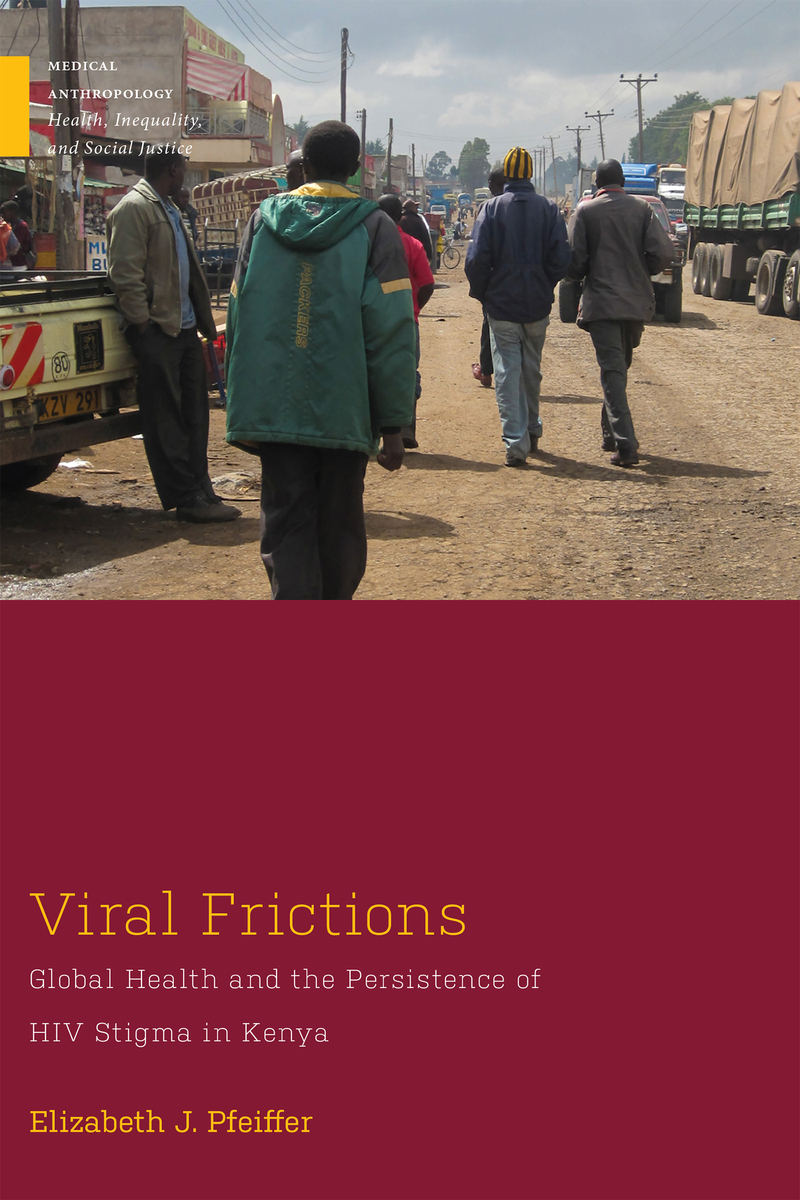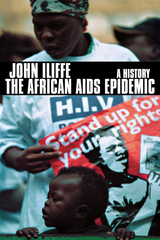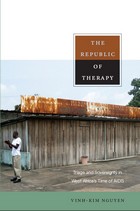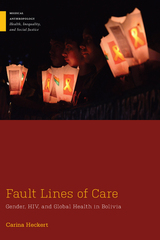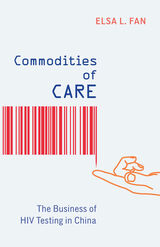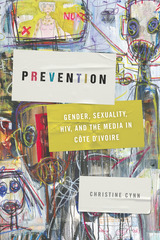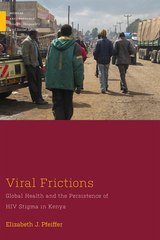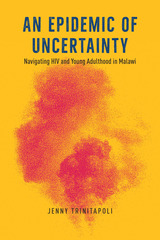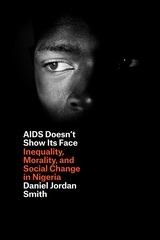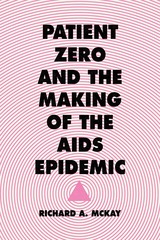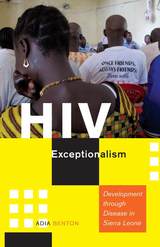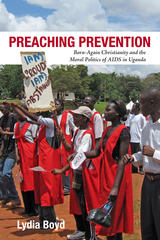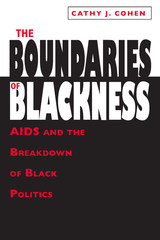Viral Frictions: Global Health and the Persistence of HIV Stigma in Kenya
Rutgers University Press, 2022
Cloth: 978-1-9788-2233-7 | eISBN: 978-1-9788-2236-8 | Paper: 978-1-9788-2232-0
Library of Congress Classification RA643.86.K4P44 2022
Dewey Decimal Classification 362.196979200097
Cloth: 978-1-9788-2233-7 | eISBN: 978-1-9788-2236-8 | Paper: 978-1-9788-2232-0
Library of Congress Classification RA643.86.K4P44 2022
Dewey Decimal Classification 362.196979200097
ABOUT THIS BOOK | AUTHOR BIOGRAPHY | REVIEWS | TOC
ABOUT THIS BOOK
Viral Frictions takes the reader along a trail of intersecting narratives to uncover how and why it is that HIV-related stigma persists in the age of treatment. Pfeiffer convincingly argues that stigma is a socially constructed process co-produced at the nexus of local, national, and global relationships and storytelling about and practices associated with HIV. Based on a decade of fieldwork in one highway trading center in Kenya, Viral Frictions offers compelling stories of stigma and discrimination as a lens for understanding broader social processes, the complexities of globalization and health, and their profound impact on the everyday social lives and relationships of people living through the ongoing HIV epidemic in sub-Saharan Africa. This highly engaging book is ideal reading for those interested in teaching and learning about intersectionality, as Pfeiffer meticulously demonstrates how HIV stigma interacts with issues of treatment, race, ethnicity, class, gender, sexuality, social change, and international aid systems.
See other books on: African Studies | AIDS (Disease) | Disease & Health Issues | Health Care Delivery | Patients
See other titles from Rutgers University Press
